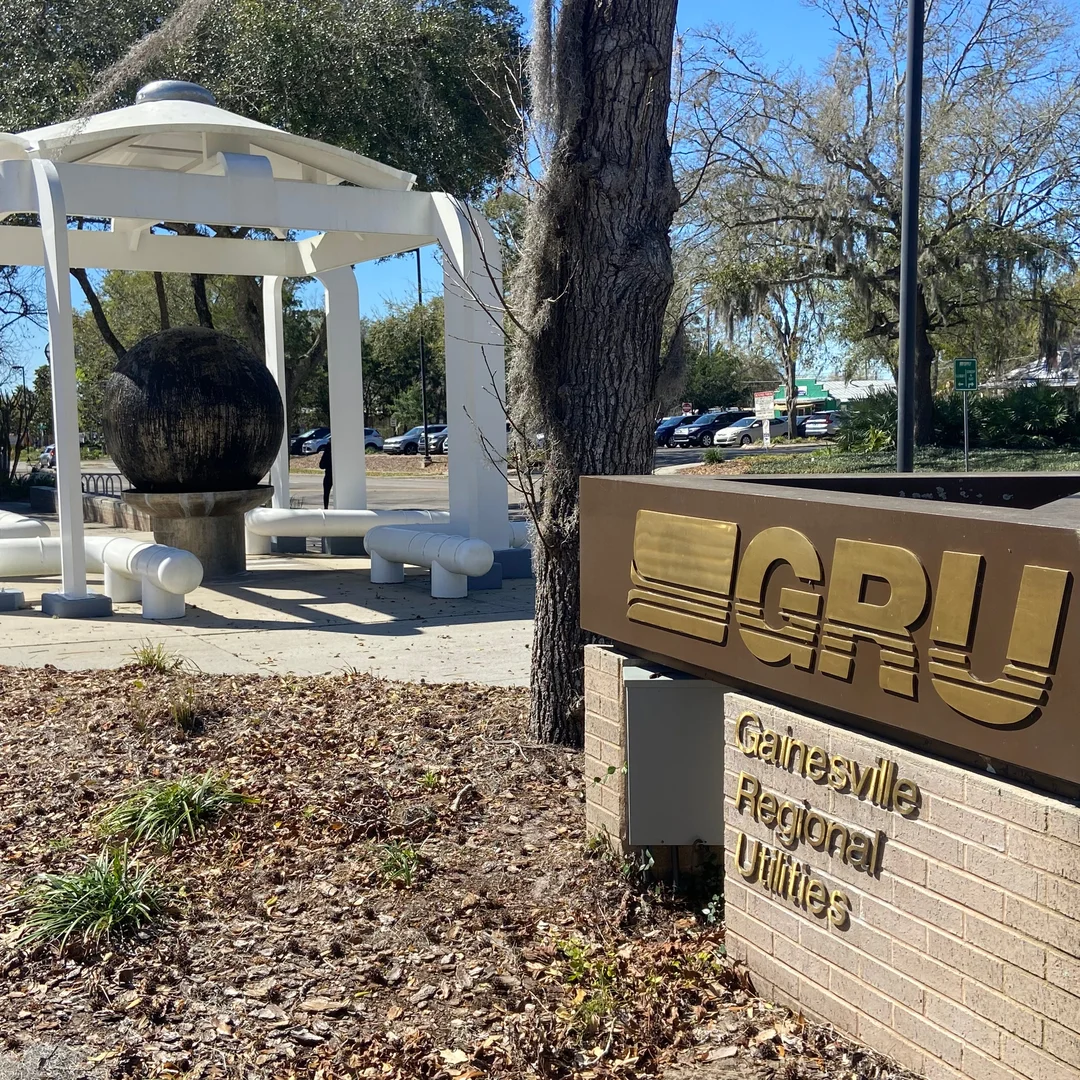
Is Your Tap Water Safe? The Growing Push to Ban Fluoride Divides Experts and Communities
In recent weeks, a wave of controversy has swept across U.S. states as lawmakers push to ban fluoride from public drinking water, raising questions about public health, personal liberty, and scientific evidence. Florida and Louisiana are at the forefront of this debate, potentially joining Utah in restricting fluoride—a mineral long hailed for preventing cavities but now under fire for alleged risks. This development could impact millions, sparking heated discussions on whether such measures prioritize individual rights over community well-being.
The movement gained momentum in Florida, where lawmakers approved a bill that, if signed by Governor Ron DeSantis, would make it the second state to ban fluoride additives. Supporters, including state officials, frame this as a defense of personal freedom, arguing against government-mandated chemicals in water. "This is about your liberty," stated Florida Representative Danny Alvarez, emphasizing that decisions about what enters our bodies should not be dictated by authorities. However, critics like Dr. Bert Hughes, a dentist and former president of the Alachua County Dental Association, warn of dire consequences, particularly for underserved communities. Hughes highlights fluoride's role in strengthening teeth from within, calling it one of the top public health achievements in the U.S., and fears increased tooth decay among children and seniors if it's removed.

Similarly, in Louisiana, Senate Bill 2 has advanced, aiming to repeal the state's fluoridation program. Dentists like Dr. Jacob Dent from Baton Rouge have voiced strong opposition, pointing to evidence that fluoride reduces cavities by up to 25 percent. "If this passes, we're going to see a huge increase in childhood cavities, especially in areas with low access to care," Dent said, stressing that alternatives like fluoride toothpaste can't fully replace systemic exposure. Epidemiologist Dr. Felicia Rabito from Tulane University echoes this, citing studies from cities like Calgary, Canada, where halting fluoridation led to a spike in decay rates among children. This ban, influenced by figures like U.S. Health and Human Services Secretary Robert F. Kennedy Jr., who has long questioned fluoride's safety and linked it to issues like reduced IQ at high levels, adds a layer of national scrutiny.
Comparing the two states, Florida's bill is broader, encompassing restrictions on water additives beyond fluoride, while Louisiana's focuses directly on the mineral. Both reflect a growing conservative pushback, rooted in skepticism toward public health interventions. The U.S. Centers for Disease Control and Prevention (CDC) maintains that community water fluoridation is safe and effective, with no convincing evidence of harm at recommended levels. Yet, opponents point to a 2024 National Toxicology Program review suggesting potential IQ risks at concentrations above guidelines, fueling the debate. In Alachua County, Florida, reactions are mixed: some residents and officials advocate for removal citing toxicity concerns, while others, like Gainesville Mayor Harvey Ward, decry it as a rollback of proven health measures.
This controversy underscores a larger tension between scientific consensus and policy decisions. As Florida and Louisiana move forward, the potential long-term effects on public health could be significant, especially for vulnerable populations without easy access to dental care. Ultimately, these bans raise critical questions about balancing individual rights with collective benefits.
In summary, the push to ban fluoride highlights ongoing debates over public health policy and its real-world implications. Will these measures protect communities or lead to unintended harm? As more states consider similar actions, it's clear this issue won't fade soon. We invite readers to share their thoughts: Do you support or oppose fluoride in water? Leave a comment below and help us explore this vital topic.